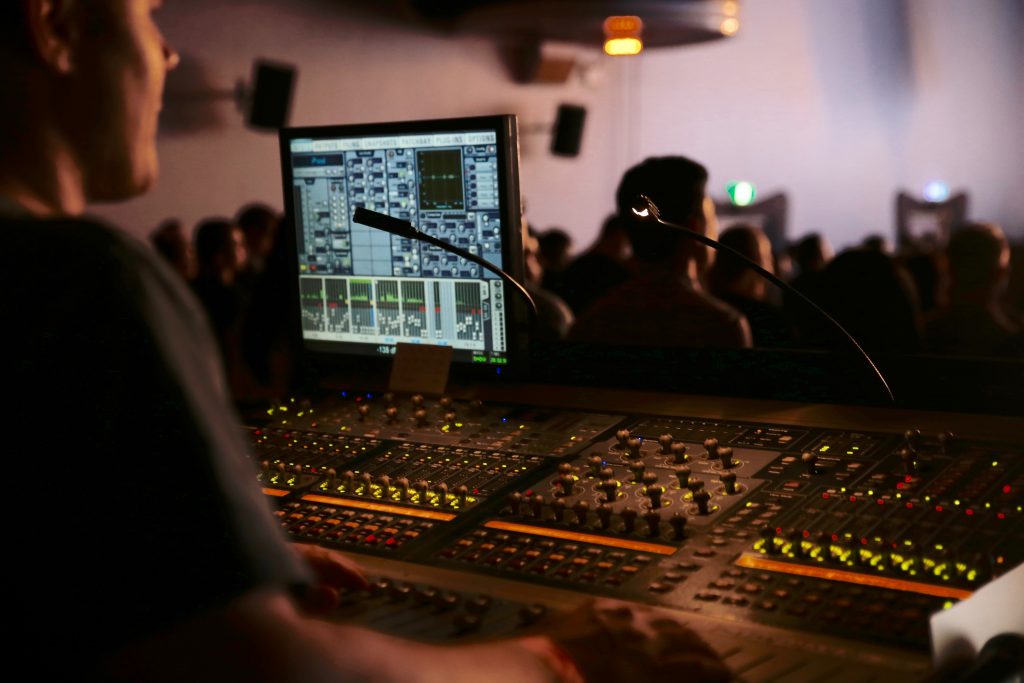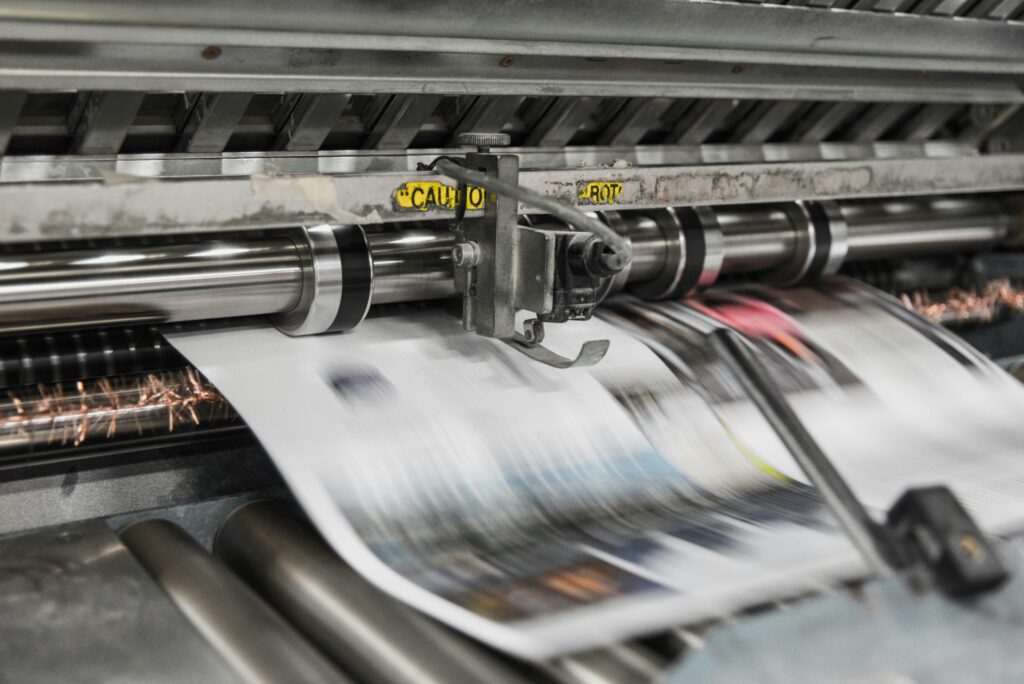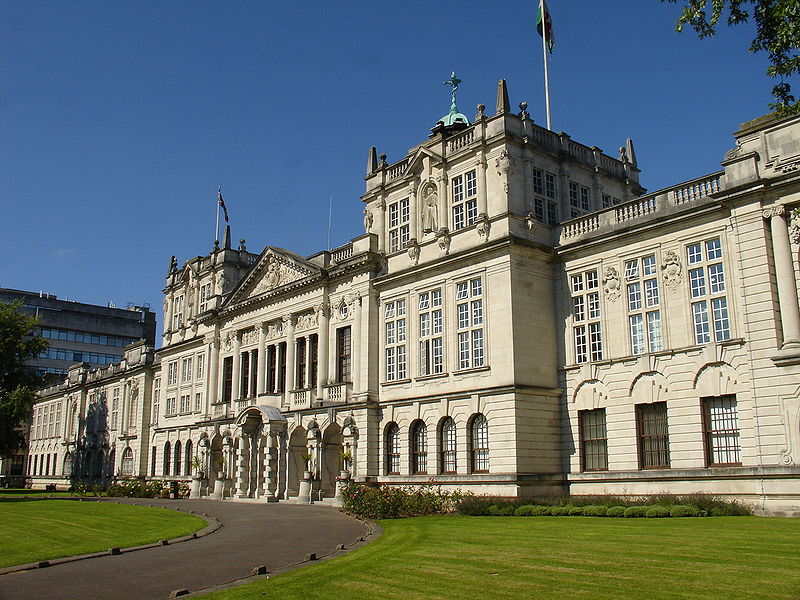Hannah Watkin explores how the pandemic has affected those entering careers in the creative industries in Wales.
The creative industries have always been challenging to enter, but one challenge no entrant could prepare for was the effect of the Covid-19 pandemic on the sector. With theatres shut, group gatherings cancelled, and everyone asked to work from home, it’s a testament to its eponymous creativity that any work was able to continue.
I spoke to leaders from Wales’ creative industries as well as recent industry entrants to investigate how the pandemic has affected those beginning a career in the sector.
‘It’s hard to talk about [the pandemic’s effect on] the sector as a whole because it has hit different parts in different ways,’ said Justin Lewis, director of Clwstwr. ‘[However], young people were often in the more precarious parts of an already precarious industry, so it was more generally a difficult time for them.’
But there’s hope other developments in the industry will counteract some of the negatives the pandemic has had on Wales’ youngest creatives. Sara Pepper, Chief Operating Officer at Clwstwr, explained how recently announced funding for the development of a world-leading cluster for media innovation in the Cardiff capital region will provide additional opportunities for industry entrants.
‘If the majority of your work is coming through an online platform like Instagram then these things matter to a degree, but also shouldn’t matter too much, because ultimately you should just be creating for you.’
Justin also explained how as ‘digital natives’, young people have often been better able to adapt to and provide the new services the industry has had been called upon to develop during the pandemic.
Young illustrator Elin Manon has seen the benefits of being digital as a recent entrant into the creative industries. During lockdown, she found success as a freelancer from clients discovering her work online.
‘Almost every commission I have received has come through my website and Instagram. I don’t know what my career would have been like without the pandemic, but I definitely think the fact that so much has had to move to be online has benefitted me.’
But despite finding success from her online presence – her work has included illustrating books and designing 2021’s St David’s Day Google Doodle – Elin has been careful not to let the importance of social media in her freelance career affect her negatively.
‘It can be so easy to fall into the trap of becoming obsessed with numbers and how your content is doing. If the majority of your work is coming through an online platform like Instagram then these things matter to a degree, but also shouldn’t matter too much, because ultimately you should just be creating for you.’
‘One positive from Covid is that auditions have become more accessible, with self-taping removing the need to travel, and allowing more individuals to be seen.’
Elin also shared her experience of the pandemic in another sector of the arts. For several summers, she’s worked at the St Fagans National Museum of History.
‘It was really weird going back to all the regulations. We couldn’t open as many buildings as we usually would because some were too small, and [we had] a lot of staff who were shielding or isolating. We had a cap on how many visitors were allowed… it felt a lot more empty.’
Allison Dowzell, Managing Director of Screen Alliance Wales (SAW), explained how the pandemic initially shut down TV and film productions and – as a result – their outreach work too. ‘The majority of what we did shut down… all of a sudden we had to rethink everything to enable us to still continue our [educational] activities.’
But the pause inspired positive innovation regarding how they continued to deliver classes. ‘Everything that we’ve developed [to cope with the pandemic] we will be developing further. We are now probably delivering more virtually than we were delivering face to face’ said SAW’s Welsh Language Education and Training Manager, Rhys Bebb.
Gofod i drafod, dadlau, ac ymchwilio.
Cefnogwch brif felin drafod annibynnol Cymru.
Through hosting online outreach and education events such as their hugely successful expert-led ‘Careers Cafés’, SAW have been able to connect with a greater number of learners. Plus, the online nature of the event has allowed for busier guests to take part without the confines of travel, giving young attendees access to a greater number of professionals from within the industry.
Now that productions are back filming, the pandemic has also brought about new roles for SAW trainees to learn about on-set work, explained SAW’s English Language Education and Training Manager Sarah O’Keefe. ‘People have come in to work in the Covid Department and gone on to separate departments,’ she explained, ‘It’s another ‘first job in the industry’.’
But for those looking to enter the industry as actors, Covid appears to have had a more wholly negative impact. 22-year-old actress Mari Ann Bull was halfway through her three-year acting course at the Guildford School of Acting when the first lockdown occurred. ‘Essentially, we had seven months from April to November of doing nothing. We expected to be online for two weeks, not a whole year.’
Eventually, under strict Covid regulations, Mari Ann’s year were able to return to class to rehearse to perform plays for a live-streamed performance. Without effective campaigning by angered students in her year – who had yet to perform a play prior to March 2020 – and the benefit of a Covid testing site on campus, she doubts they’d even have been able to gain this experience. ‘I do feel grateful that we were able to do the plays during lockdown… but obviously, it wasn’t the same at all. We’ve essentially never performed in front of an audience.’
‘Thanks to digital innovation and increasing investment, opportunities for learning and getting involved in the creative industries in Wales are increasing.’
One positive from Covid is that auditions have become more accessible, with self-taping removing the need to travel, and allowing more individuals to be seen. However, Mari Ann suspects there is less work for recent graduates at the moment: ‘Productions want to hire people with well-known names rather than [us].’
All performers have suffered from the restrictions of the pandemic. Paul Kaynes, Chief Executive of the National Dance Company of Wales (NDC Wales), spoke to me about how they coped.
‘There [have been] some really grim moments’ he explained, thinking back to when they had to postpone performances twice over owing to lockdowns, ‘But one of the biggest solutions was tapping into people’s creativity with digital work… [our dancers] still had a chance to create.’
Syniadau uchelgeisiol, awdurdodol a mentrus.
Ymunwch â ni i gyfrannu at wneud Cymru gwell.
Guy O’Donnell, NDC Wales’ Learning and Participation Producer explained how they were able to continue to offer opportunities for dancers aged 14-18 and students on university courses: ‘We [held] video auditions. Classes were delivered on Zoom. It’s been a really tough year, but we found ways of involving them. We’ve also extended [the dance students’] time with us.’
When I interviewed Paul and Guy in August 2021, they were only a day away from NDC Wales’ first live performance since lockdown. Their excitement and relief to be returning was evident and emphasised how difficult the pandemic had been.
However, like SAW, NDC Wales have found benefits in hosting more virtual events owing to Covid: ‘It’s been an exciting area of new creativity for our organisation. Our output has massively increased and the diversity of voices that we represent has increased with it.’ Guy explained. Paul agreed: ‘It’s helped us reach new audiences across the world. The challenge for us now is how we maintain that relationship.’
Although this has been a difficult period, optimism remains across the sector. Thanks to digital innovation and increasing investment, opportunities for learning and getting involved in the creative industries in Wales are increasing. Therefore, there is still much hope for entrants to this challenging industry.
All articles published on the welsh agenda are subject to IWA’s disclaimer.





